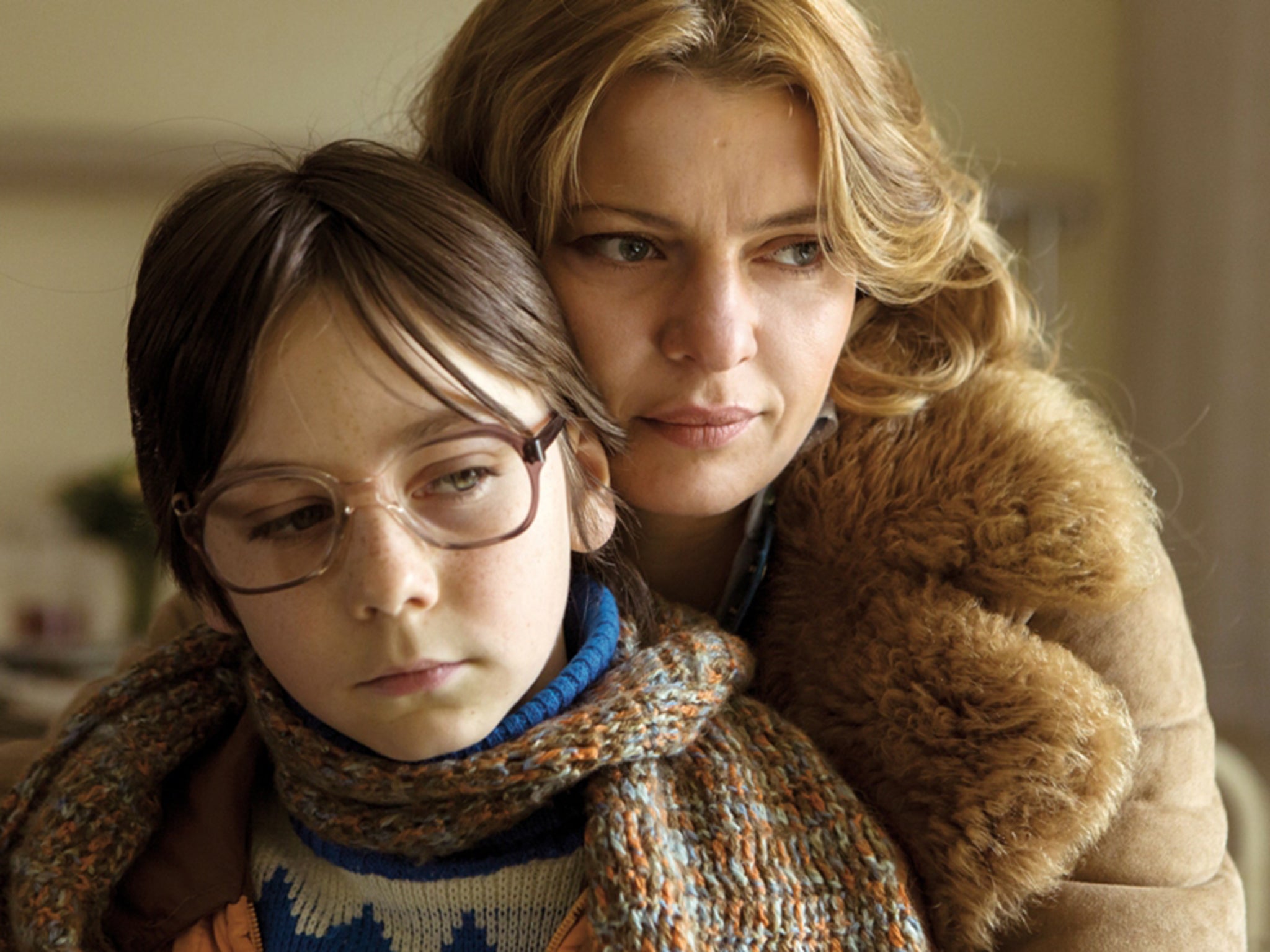West, film review: 1970s-set drama is an intriguing study of family, love and treachery
(15) Christian Schwochow, 102 mins. Starring: Jördis Triebel, Tristan Göbel, Alexander Scheer

Your support helps us to tell the story
From reproductive rights to climate change to Big Tech, The Independent is on the ground when the story is developing. Whether it's investigating the financials of Elon Musk's pro-Trump PAC or producing our latest documentary, 'The A Word', which shines a light on the American women fighting for reproductive rights, we know how important it is to parse out the facts from the messaging.
At such a critical moment in US history, we need reporters on the ground. Your donation allows us to keep sending journalists to speak to both sides of the story.
The Independent is trusted by Americans across the entire political spectrum. And unlike many other quality news outlets, we choose not to lock Americans out of our reporting and analysis with paywalls. We believe quality journalism should be available to everyone, paid for by those who can afford it.
Your support makes all the difference.Christian Schwochow's late 1970s-set drama about young East German woman Nelly (Jördis Triebel) trying to build a new life in the west has some of the same mix of pathos and paranoia that characterised The Lives of Others. This was a period when the Stasi secret service was poisoning the lives of its citizens in the east but in which western authorities were hugely suspicious of refugees. The film doesn't quite deliver on its initial promise but is still an intriguing study of family, love and treachery.
There is a brilliant early scene in which Nelly and her young son are crossing the border. As if by rote, the border guards set out to humiliate her, forcing her to strip naked and asking her a series of intrusive but pointless questions.
The west is no paradise. Nelly and her son are housed in a refugee centre. She doesn't know what happened to her boyfriend, a Russian physicist who disappeared. The authorities are suspicious of her and her son is bullied at school. Everyone fears that there are Stasi informers at the refugee centre and one candidate is Hans (Alexander Scheer), a friendly but unctuous figure. There is the same Kafka-esque bureaucracy in West Berlin as in the east. Nelly is again made to strip, for medical check-ups that are as intrusive as the old Stasi searches, and to endure contemptuous remarks from West German officials. ("East German women just didn't shave," they murmur.)
Triebel gives a very strong performance as a character who is vulnerable, passionate and paranoid by turns but has an extraordinary survival instinct. Yet the film is a little too tentative in its treatment of different levels of betrayal and is undermined by its own creeping sentimentality.
Join our commenting forum
Join thought-provoking conversations, follow other Independent readers and see their replies
Comments